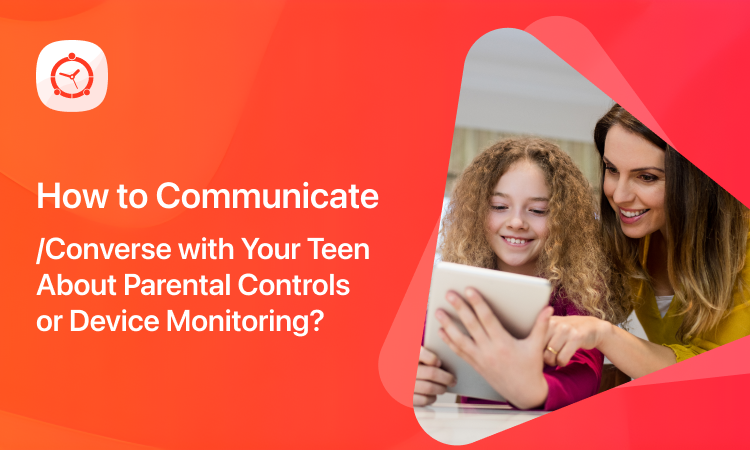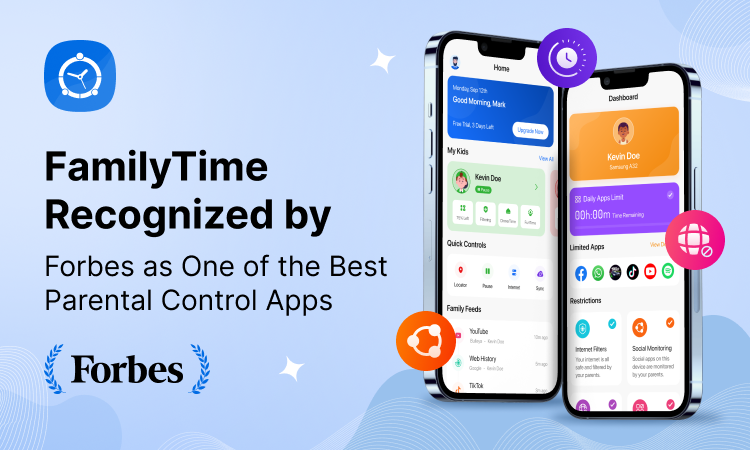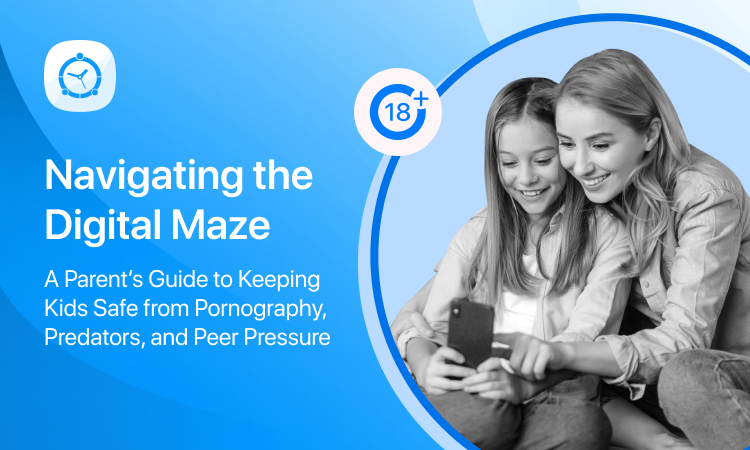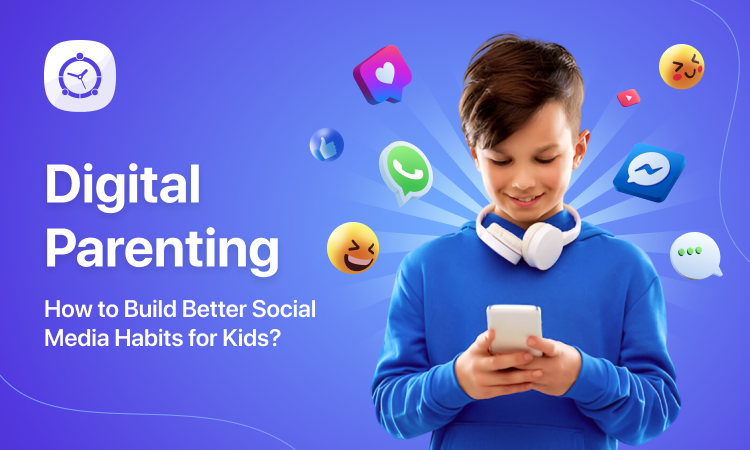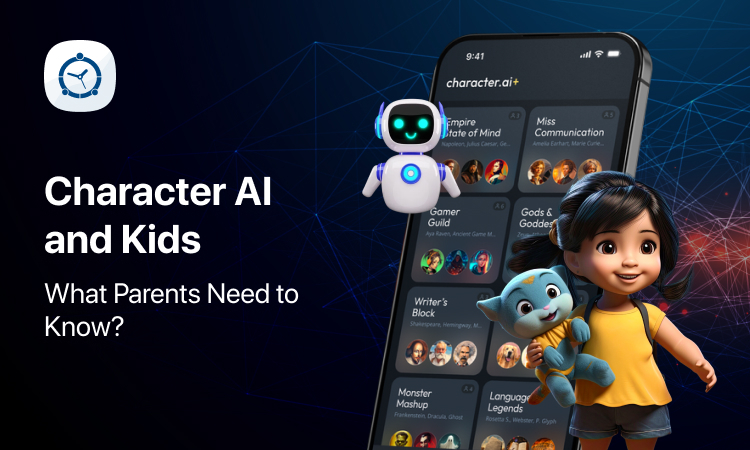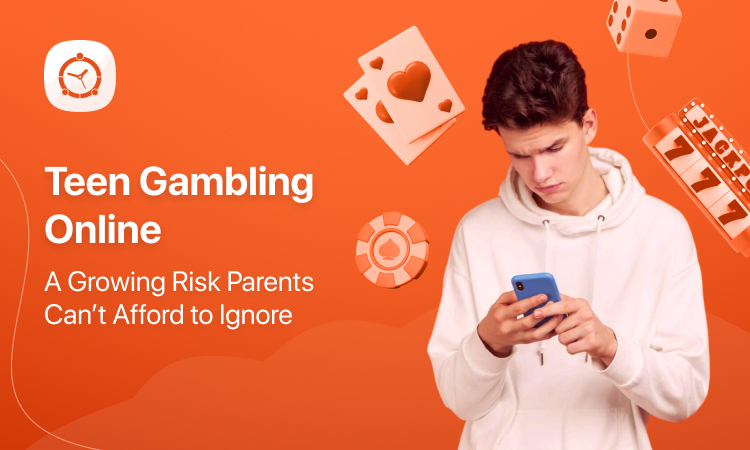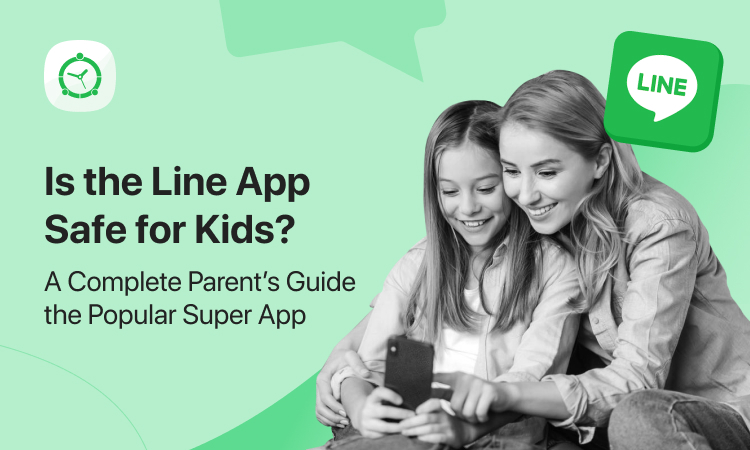Teens are triggered to try everything out and hit the limits. At their age, they are prone to get in contact with mature content, cyberbullying, and other threats. As a parent, when you step up to protect them using parental controls, they do not like the idea. You can process smooth communication instead of imposing controls and restrictions and starting up warfare. Let’s dig into some tactics for starting and having a healthy conversation with your teens about parental controls or device monitoring.
Start with Empathy
Showing empathy when talking about parental control or monitoring your teens helps them to be comfortable with you. Remember, the digital world is an integral part of their lives, and they may view parental controls as an invasion of their privacy.
Therefore, it’s essential to acknowledge their feelings and concerns. Explain that you understand their need for independence and privacy, but your primary concern is their safety and well-being.
Keeping your tone soft and having pauses will help them to absorb what you are saying.
Explain the Risks
Teens may not fully understand the risks associated with the digital world on their own. They might be unaware of the dangers of cyberbullying, online predators, or the long-term implications of their digital footprint.
Therefore, it’s crucial to educate them about these risks. Use real-life examples or news stories to illustrate your points. Ensure to highlight that these risks are the main reason for implementing parental controls, not a lack of trust in their judgment.
While sharing the risks or case studies, do not try to bombard them with information or logic. Release information in chunks and let them absorb the information before you go ahead.
Be it a discussion, not an address
Addressing your teens is more like just telling them everything. It is not an appropriate approach to make things work. Instead, make it a discussion or conversion. Give your ideas or information to teens and wait for their input. It will encourage them to share what’s inside them.
Do not Expect Acceptance in one go.
It is a rare chance that some teens may understand your concern in the first statement. Sometimes you may have to explain one thing multiple times to listen to their baseless arguments or justifications.
But be patient and listen to what they want to say. It encourages them to share how they feel and bring out their problems to you. At this point, you can address these issues accordingly by helping them.
Discuss the Benefits of Parental Controls
Be open about parental controls and introduce them as a favor for teens, not as threats. Teens think you can spy on them with parental controls, and they have no privacy. In this case, let them know these controls are more than screen time limitations or inappropriate content blockers.
The controls help promote healthy digital habits among teens along with safety. Explain to your teen how these controls can help them manage their time more effectively by reducing digital distractions. Discuss how they can protect them from harmful content and ensure their online experiences are safe and positive.
By highlighting the benefits, you can help your teen see parental controls as a tool for their benefit, not a punishment.
Show minimal reactions
Being a parent showing no reaction or minimalistic reactions to your teen’s arguments is difficult. But this is what you have to do. If you go aggressive, you will kill the mood and eventually threaten your teen. By keeping calm, you will listen to your teen’s perspective and reason it properly.
Involve Them in the Process
One of the most effective ways to get your teen on board with parental controls is to involve them. Let them participate in setting up the controls and deciding on the boundaries.
It includes determining appropriate screen time limits, deciding which apps or websites to block, and setting up safe zones for GPS tracking. You can give them a sense of ownership and control by involving them in the process. It will eventually make them more likely to respect the rules.
Respect Their Privacy
While parental controls are a valuable tool for ensuring your teen’s safety, respecting their privacy is important. Make it clear that you will not use these controls to invade their privacy or monitor their every move.
Explain that your goal is to protect them from potential harm, not to spy on them. This assurance can help alleviate their concerns and make them more accepting of parental controls.
Bottom Line
Communicating with your teens about parental controls and device monitoring can be challenging, but it’s a crucial conversation. You can have a good start by approaching the discussion with empathy, explaining the risks, and highlighting the benefits of parental control. Introduce the best parental control app FamilyTime contain a few perks for them such as FunTime, TimeBank, SOS & PickMeUp alerts.
Ensure to involve them in the process and maintain open communication while respecting their privacy so they feel comfortable with the idea. Remember, the goal is not to control your teen’s digital life. But to guide them in navigating the digital world safely and responsibly.

